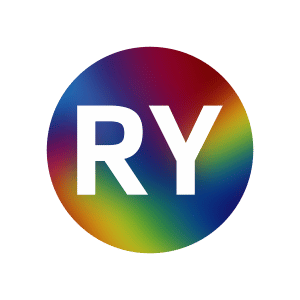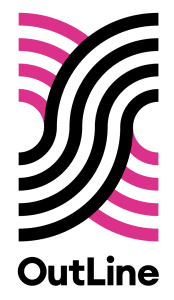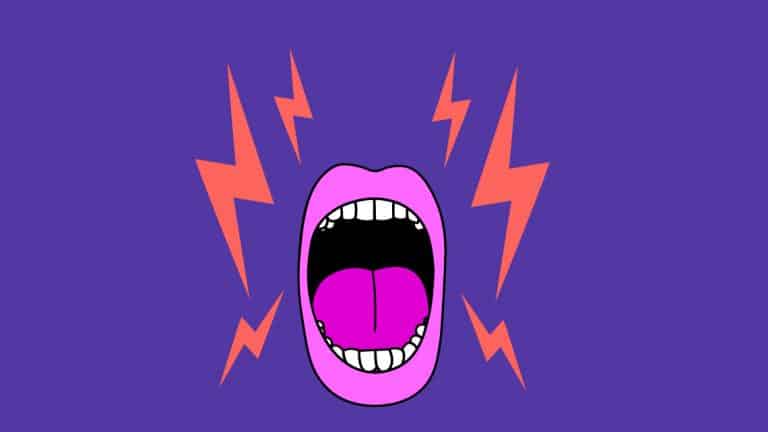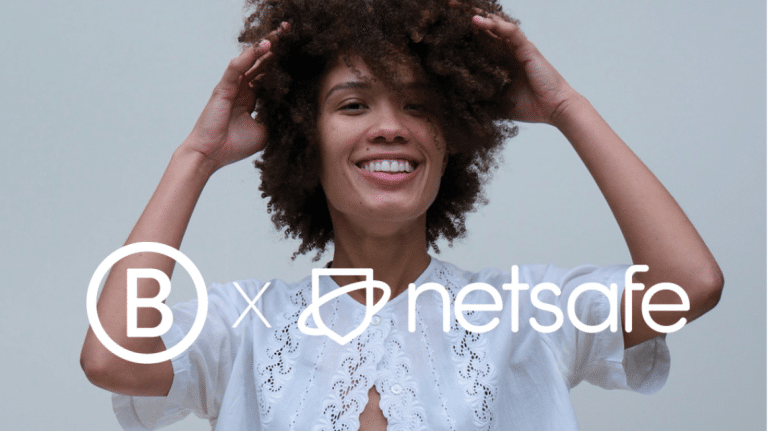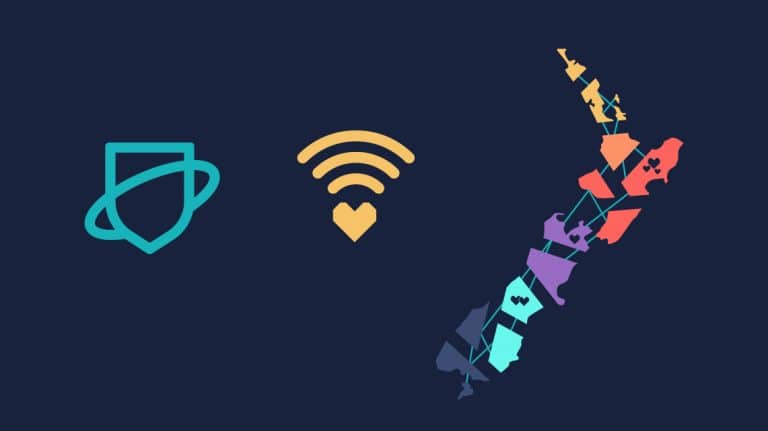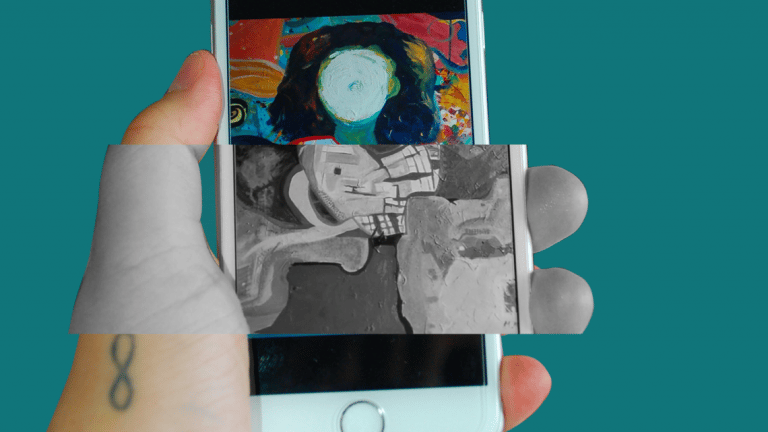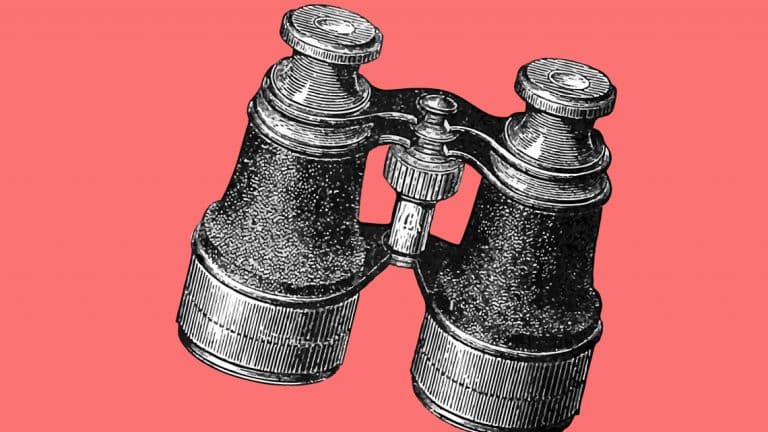Support for LGBTQIA+ people
Bullying and harassment based on your sexuality, sex characteristics and gender identity can make you feel isolated or alone, and make it difficult to explore and express your identity. Find out more about the options available to help. What are examples of abuse based on your sexuality, gender identity or sex characteristics? Some examples of…
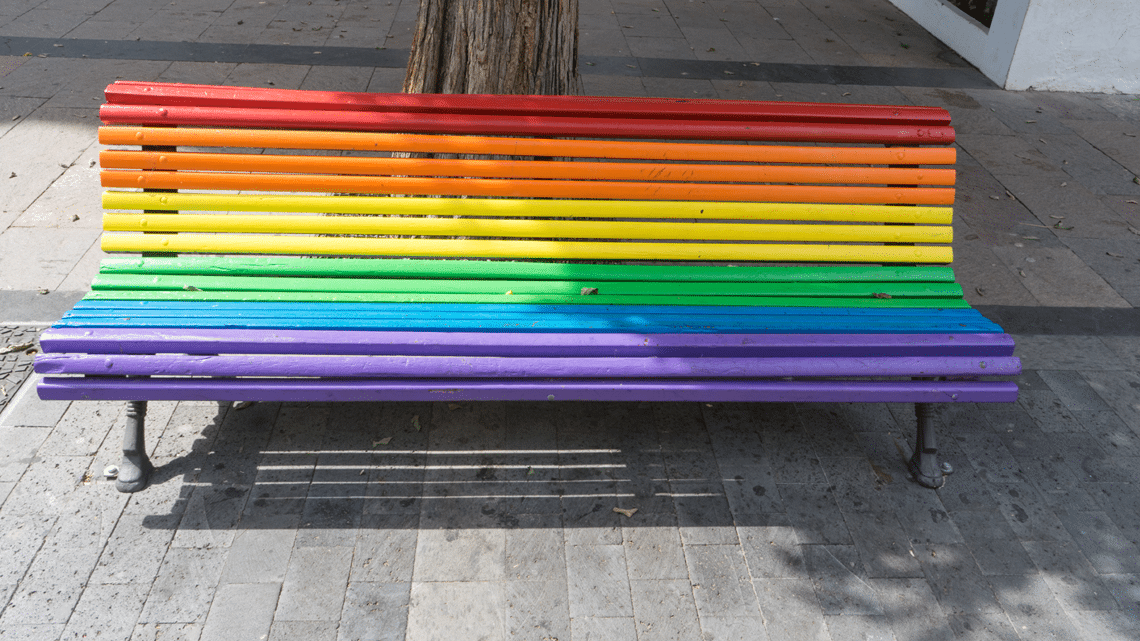
Bullying and harassment based on your sexuality, sex characteristics and gender identity can make you feel isolated or alone, and make it difficult to explore and express your identity. Find out more about the options available to help.
What are examples of abuse based on your sexuality, gender identity or sex characteristics?
Some examples of the things you can report to Netsafe as online abuse include:
- Having your sexuality, sex characteristics or gender ‘outed’ by someone
- Being shamed or called names online, including insults relating to your sexuality, sex characteristics or gender identity
- Someone sharing nude or intimate images of you
- Someone trying to encourage you to hurt yourself
- Someone spreading rumours and lies about you
- Someone using fake accounts to make fun of you
- Being hacked or impersonated by someone else
- Someone repeatedly sending you unwanted messages
- Someone threatening to do any of these things
What is the Harmful Digital Communications Act?
Netsafe offer a free and confidential service to help people experiencing online bullying, abuse and harassment. We can also explain how the Harmful Digital Communications Act (HDCA) may apply to you. This law tackles some of the ways people use technology to hurt others. It aims to prevent and reduce the impact of online bullying, harassment, image-based abuse (sometimes called ‘revenge porn’) and other forms of abuse and intimidation online.
Online harassment or abuse based on gender or sexual orientation is a breach of the 10 Communication Principles set out in the Act. You can learn more about the Act and the 10 Communication Principles here.
OPTIONS FOR DEALING WITH ONLINE ABUSE
If you or someone you know is being harassed online because of their sexuality, gender identity or sex characteristics there are a few options available. You can report the problem anonymously to the website or app where the bullying is happening and you can also:
- Think about what to do: Its normal to feel upset and like you have to respond straight away. Take a breath and do the steps below first.
- Reach out: Talk to someone that you can trust. This could be a close friend, a parent, other family members, a guidance counsellor or even a teacher. If you’d rather talk to someone else, you can contact Netsafe, RainbowYOUTH, OutLine or Youthline for support.
- Keep evidence: Save texts and emails and take screenshots of anything that might disappear later. Make sure you keep track of dates, what has happened, who you think did it and why.
- Report it: Block or report the bully online. Most social networks have safety centres with tips on how to deal with bullying on the platforms. Here are some handy links:



Facebook • Snapchat • Instagram •YouTube • Twitter
There’s also the ability to disable comments on posts and videos on Instagram and YouTube.
How common is it?
Gender-diverse young people are four times more likely to be bullied at school than their cisgender peers, and same or both sex attracted young people are three times more likely to be bullied. Research shows that these statistics translate to the online world too, with queer and gender-diverse people commonly being targeted by bullies and abused online.
What happens if it’s more than bullying?
If someone is:
- encouraging you to hurt yourself
- sharing intimate images of you without your consent
- encouraging others to send harmful messages to you
- sharing your private information (such as publicly outing your sexuality, sex characteristics or gender) without you permission
- or threatening to do any of these things
Contact Netsafe for help. You can text ‘Netsafe’ to 4282 for help, call 0508 NETSAFE (0508 638 723), email [email protected] or report online. If you’re concerned about the immediate safety of you or someone else, call 111.
How can Netsafe help?
Netsafe is open seven days a week to give you free and confidential help. We are not an enforcement agency, but we do have a high success rate in resolving problems. Once you contact Netsafe, our team will ask you questions to understand what’s happening and will discuss the options to stop the abuse. Sometimes we can contact the person you believe is responsible to try to resolve it. We may also involve the person or the organisation the content is hosted on to get them to help.
As we are an impartial service, we focus on resolving the issue and not on behalf of anyone involved. We will never contact the person you believe has been harassing you without your permission. Find out more about what happens when you report harmful content.
SUPPORT
Being bullied or harassed because of your sexuality, sex characteristics or gender identity is not okay. Often bullies feel more confident online, so it’s important to shut down harmful behaviour early and make sure they don’t start targeting other people too.
It’s common for people who are being bullied or harassed online to feel isolated or alone, but there is support available to help.
- Netsafe – Text ‘Netsafe’ to 4282, call 0508 NETSAFE (0508 638 723), email [email protected] or report online
- OutLine – 0800 OUTLINE (0800 688 5463) | outline.org.nz/chat | OutLine provides a free and confidential LGBTQIA+ helpline and online chat support service between 6pm-9pm every day.
- RainbowYOUTH – (09) 376 4155 or email [email protected] | Rainbow Youth is an advocacy and support service for queer and gender diverse (LGBTQIA+) youth.
- Youthline – Call 0800 376 633, Free TXT 234 or email [email protected] | Youthline provides a free counselling service for young people.
- Lifeline – Suicide Crisis Helpline – 0508 TAUTOKO (0508 828 865) | A free 24 hour suicide crisis helpline operated by trained counsellors.
- Intersex Awareness New Zealand – http://www.ianz.org.nz/ | Provides information and education to support intersex people and their families.
- Shine – 0508 744 633 | A free helpline to provide support to people who have been victims of family violence.


